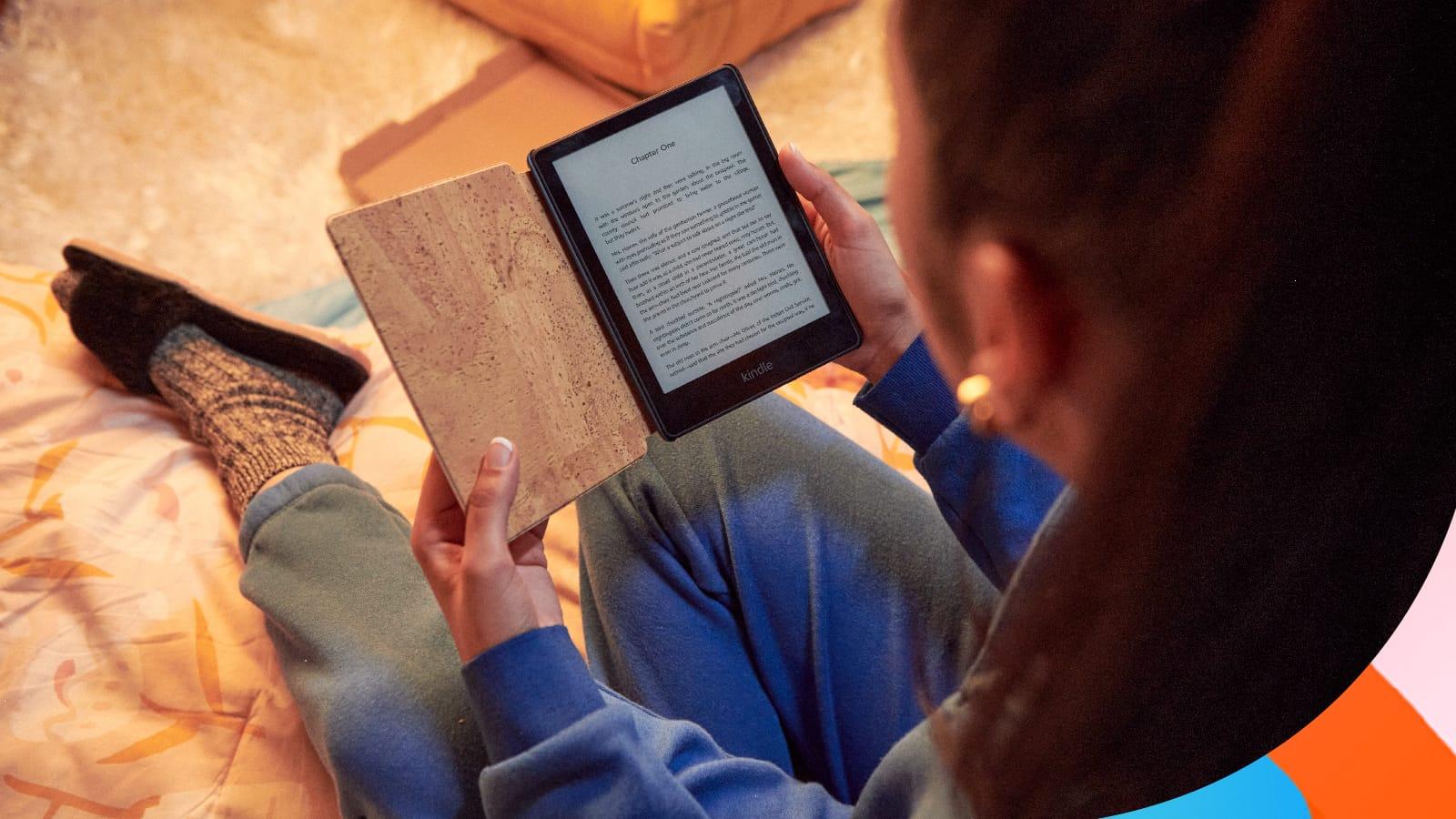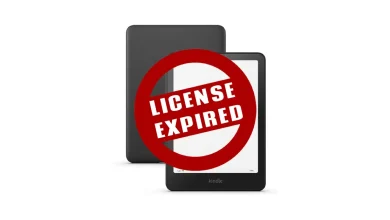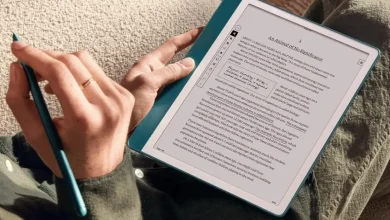
We independently review all recommendations. Purchases made through our links may earn us an affiliate commission. Here’s how it works.
If you’ve been noticing that you can’t place as many holds on e-books or audiobooks at your local library, you’re not alone. Libraries all over North America are adjusting their policies, cutting back on the number of digital holds patrons can place. Why? Because demand for digital reading has absolutely skyrocketed, and libraries are trying to make sure everyone gets a fair shot at borrowing popular titles.
What’s Changing with E-book Hold Limits?
Take the Toronto Public Library, for example, it’s one of the biggest library systems in Canada, and they recently slashed the number of digital holds per person from 30 to 15 on platforms like OverDrive and Libby. And they’re not the only ones. Earlier this year, the Seattle Public Library made a similar move, dropping their hold limit from 25 to just 10.
These changes aren’t happening for no reason. Toronto Public Library’s digital checkouts have more than doubled in the last six years, jumping from five million to a staggering 11 million. More demand means longer wait times, and according to Matt Abbott, the library’s senior manager of collection development, some e-books can take up to two months to become available. By lowering hold limits, libraries hope to shorten that frustrating wait time so more people can actually get their hands on the books they want.
The Challenge of E-book Licensing
So why can’t libraries just buy more digital copies and call it a day? Well, it’s not that simple. Digital books don’t work the same way as physical copies. Libraries don’t own the e-books outright, they license them, and just like with print books, most licenses only allow one person to borrow a copy at a time. If demand is high, libraries have to decide whether they can afford to buy more licenses to meet that demand. Their target ratio is typically six holds per available copy, but budget constraints make that tricky.
And Toronto isn’t the only place struggling with this. Libraries in Pittsburgh and Allegheny County have also cut their e-book and audiobook hold limits, dropping from 20 to 10 holds on Libby and reducing monthly borrows on hoopla from 15 to 5. This is becoming a trend across the board as libraries try to manage the surge in digital reading.
What This Means for Readers
At the end of the day, these policy changes focus on fairness. Libraries want to ensure that their digital collections are open to as many people as they can, even as demand grows. If you love reading e-books, you may need to change how you borrow books. This could mean looking for different platforms, watching when your holds are ready, or checking out e-reader options.
For instance, if you’re looking for a kid-friendly device, the Kindle Paperwhite Kids might be worth checking out. Or, if you’re into cutting-edge display technology, you might find the MooInk Nana intriguing.
Bottom line? Libraries are adapting to a digital-first world, and while it might be frustrating to have fewer holds, these changes are meant to help more people get access to the books they love. And that’s something we can all get behind.




